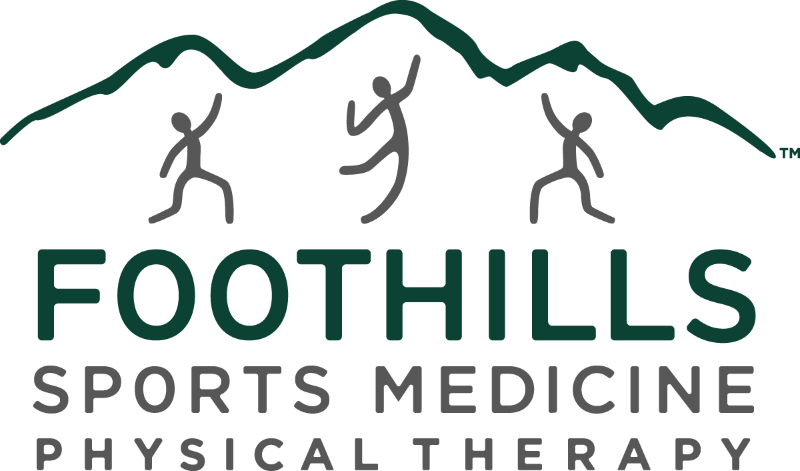by Aubrie Carter, MS, AT, ATC Downtown
To be more dedicated to our health goals, let’s first understand one of the essential building blocks of our body and mind, not only to get quick results. Let’s focus on the immune system and the anti-inflammatory diet.
What is Inflammation?
The immune system is our body’s primary defense system against foreign invaders. It recognizes these invaders and battles to keep all our systems as close to 100% as it can. This is done using the inflammatory process as a defense mechanism. But, just like any fighting soldier needs recovery from the constant attack, so does the immune system. It requires a break from inflammation. Otherwise, it loses the ability to resist and build back immunity. Chronic inflammation can rear its ugly head in the form of symptoms that can be all too familiar to many of us: unexplained lingering body pain, sleep disturbances, constant fatigue, weight gain, frequent sickness, and gastrointestinal issues, which all can lead to an increase in negative thoughts and feelings diminishing our mental health and leading to depression and anxiety.
How to Fight Against Inflammation
What we nourish our body affects the inflammation in our bodies. So, what you eat is an excellent place to start in preventing and resetting that chronic inflammation. A good tool is called the dietary inflammatory index, or DII. It is an evidence-based index developed by researchers who have tested over 1,900 foods and their components by tracking markers on cells (our building blocks) in the body and their overall effect on systemic inflammation. You can start by going all in and following a strict elimination diet which allows you to eat only anti-inflammatory foods for 3+ weeks. Then, slowly add in food groups that contain inflammatory properties in moderation to analyze the effects you feel.
Anti-inflammatory Foods
Anti-inflammatory foods include vitamin C such as:
- Fruits: citrus, strawberries, apples, berries
- Omega-3 fatty acids: salmon, albacore tuna, and lake trout
- Flavonols: onions, kale, broccoli, olive oil
- Beta-carotene: orange vegetables, eggplants, tomatoes
- Isoflavones: soy
Listen to how your body feels and responds to eating foods.
Foods to Avoid
Inflammatory foods that should be avoided or eaten in moderation include:
- Sugar and high fructose corn syrup
- Artificial trans fats: fried foods, margarine, processed baked goods
- Refined carbohydrates: any processed food that provides added sugar and flour, bread, pasta, and candy.
- Processed meat: hot dogs, sausage, bacon
- Excessive alcohol consumption: limit to 1-2 standard drinks per day.
Mind, Body, Spirit Connection
Although your dietary intake is a critical factor in reducing inflammation, you can’t rely on this to do all the work. Instead, help that soldier out and add to your army with regular exercise and stress management from a mental aspect. Find something you enjoy, such as yoga with meditation, reading outside in fresh air and Vitamin D, or listening to a positive podcast while at the gym.
Just like that, your habits are changing from the inside to the out. So you’re on your way to meeting your goals with hopefully some extra benefits of better sleep, more energy, and a body feeling ten years younger! If your inflammation slows you down, contact your nearest Foothills Sports Medicine Physical Therapy for a full recovery.







